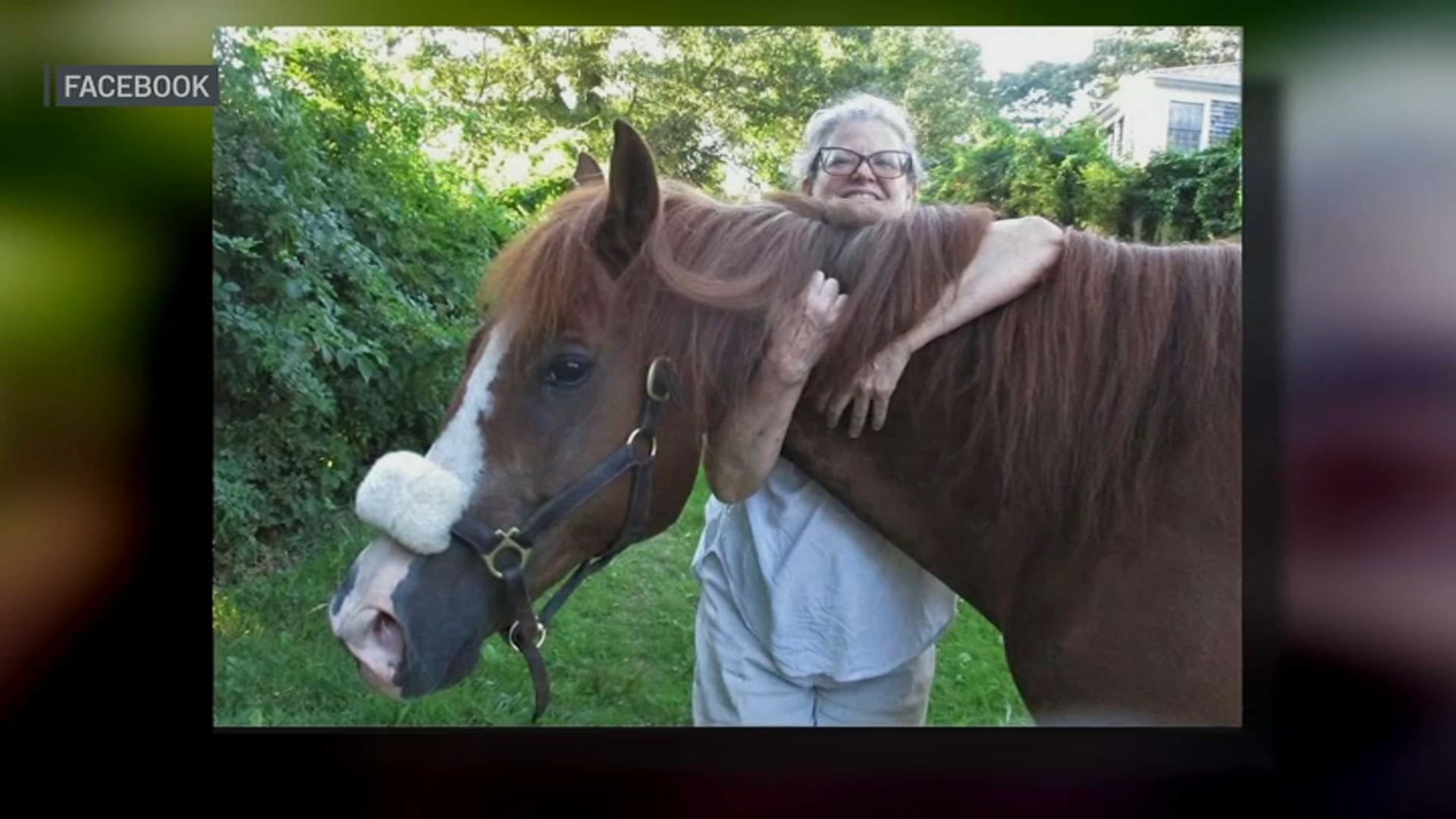The Centers for Disease Control and Prevention endorsed extra doses of all three of the nation’s vaccines Thursday, setting the course for millions of more Americans to receive a COVID-19 booster shot.
Certain people who received Pfizer vaccinations months ago already are eligible for a booster and now the CDC says specific Moderna and Johnson & Johnson recipients qualify, too.
And in a bigger change, the agency is allowing the flexibility of “mixing and matching" that extra dose regardless of which type people received first.
Thursday's endorsement follows a recommendation by the Food and Drug and Administration, which on Wednesday signed off on extending COVID-19 boosters to Americans who got the Moderna or Johnson & Johnson vaccine.
Get Boston local news, weather forecasts, lifestyle and entertainment stories to your inbox. Sign up for NBC Boston’s newsletters.
While booster shots are already advised for some individuals, who will the new recommendations cover? And when could shots starts being given?
Here's what you need to know:
Expanded Booster Shots: Who Will Be Eligible and When
Local
In-depth news coverage of the Greater Boston Area.
Specifically, the FDA authorized a third Moderna shot for seniors and others at high risk from COVID-19 because of their health problems, jobs or living conditions — six months after their last shot.
Moderna’s booster will be half the dose that’s used for the first two shots, based on company data showing that was plenty to rev up immunity again.
As for recipients of the single-shot J&J vaccine, a COVID-19 booster is recommended for everyone at least two months after their vaccination. That's because the J&J vaccine hasn't proved as protective as the two-dose Moderna or Pfizer options.
More than 39 million Moderna recipients and nearly 13 million J&J recipients may be eligible for a booster dose on Friday, according to a slide presented by the CDC during Thursday's meeting.
The CDC panel didn't explicitly recommend anyone get a different brand than they started with but left open the option — saying only that a booster of some sort was recommended. And some of the advisers said they would prefer that J&J recipients receive a competitor's booster, citing preliminary data from an ongoing government study that suggested a bigger boost in virus-fighting antibodies from that combination.
Who Was Already Eligible for a COVID Booster Shot?
Here's a complete breakdown of who is eligible so far, according to the CDC:
- People 65 years and older and residents in long-term care settings should receive a booster shot of Pfizer-BioNTech’s COVID-19 vaccine at least 6 months after their Pfizer-BioNTech primary series,
- People aged 50–64 years with underlying medical conditions should receive a booster shot of Pfizer-BioNTech’s COVID-19 vaccine atleast 6 months after their Pfizer-BioNTech primary series,
- People aged 18–49 years with underlying medical conditions may receive a booster shot of Pfizer-BioNTech’s COVID-19 vaccine at least 6 months after their Pfizer-BioNTech primary series, based on their individual benefits and risks, and
- People aged 18-64 years who are at increased risk for COVID-19 exposure and transmission because of occupational or institutional setting may receive a booster shot of Pfizer-BioNTech’s COVID-19 vaccine at least 6 months after their Pfizer-BioNTech primary series, based on their individual benefits and risks.
What counts as a qualifying underlying health condition? Here's a list from the CDC:
- Cancer
- Chronic kidney disease
- Chronic lung diseases, including COPD, asthma (moderate-to-severe), interstitial lung disease, cystic fibrosis, and pulmonary hypertension
- Dementia or other neurological conditions
- Diabetes (type 1 or type 2)
- Down syndrome
- Heart conditions (such as heart failure, coronary artery disease, cardiomyopathies or hypertension)
- HIV infection
- Immunocompromised state (weakened immune system)
- Liver disease
- Overweight and obesity
- Pregnancy
- Sickle cell disease or thalassemia
- Smoking, current or former
- Solid organ or blood stem cell transplant
- Stroke or cerebrovascular disease, which affects blood flow to the brain
- Substance use disorders
In addition to the Pfizer authorization, officials have also cleared booster doses of both the Pfizer and Moderna vaccines for people with weakened immune systems.
According to the CDC, immunocompromised groups include people who have:
- Been receiving active cancer treatment for tumors or cancers of the blood
- Received an organ transplant and are taking medicine to suppress the immune system
- Received a stem cell transplant within the last 2 years or are taking medicine to suppress the immune system
- Moderate or severe primary immunodeficiency (such as DiGeorge syndrome, Wiskott-Aldrich syndrome)
- Advanced or untreated HIV infection
- Active treatment with high-dose corticosteroids or other drugs that may suppress your immune response
The agency notes that "people should talk to their healthcare provider about their medical condition, and whether getting an additional dose is appropriate for them."
What About Those Who Still Wouldn't Be Eligible?
While health authorities hope boosters will shore up waning immunity against milder coronavirus infections, all the vaccines still offer strong protection against hospitalizations and death, even as the extra-contagious delta variant burned through the country.
At Thursday's meeting, CDC’s advisers wrestled with whether people who didn’t really need boosters might be getting them, especially young, otherwise healthy adults whose only qualification was their job.
Despite the concerns by some members, the CDC and FDA panels' votes ended up being unanimous.



